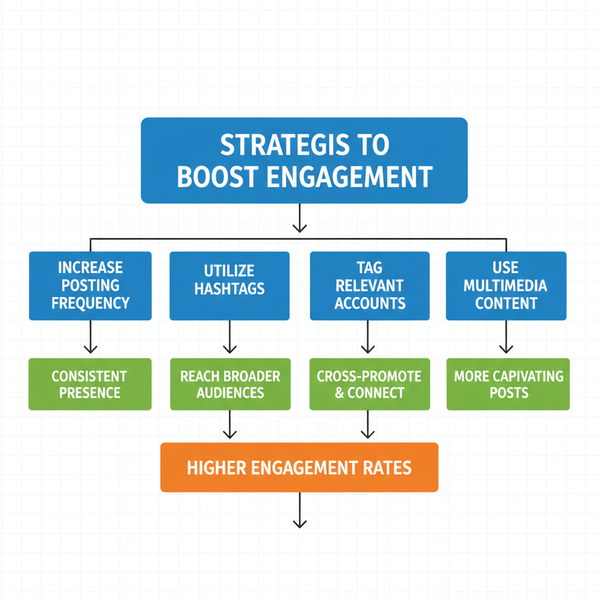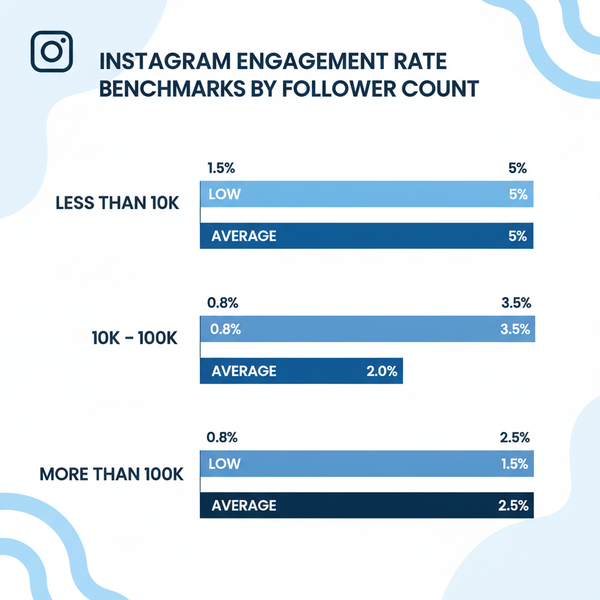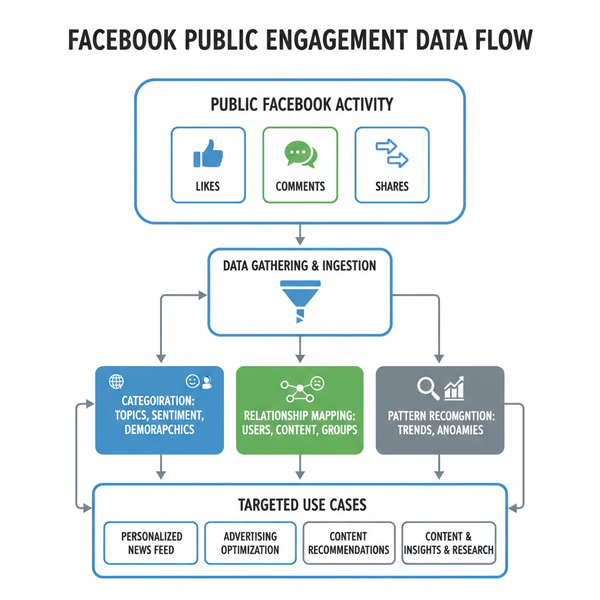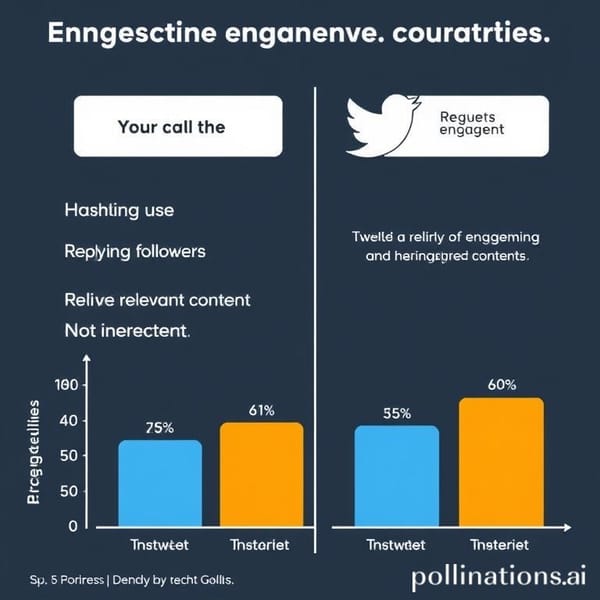What Are Social Media Accounts and Their Main Features
Learn what social media accounts are, their purposes, types, setup steps, key profile elements, and privacy features to enhance your online presence.
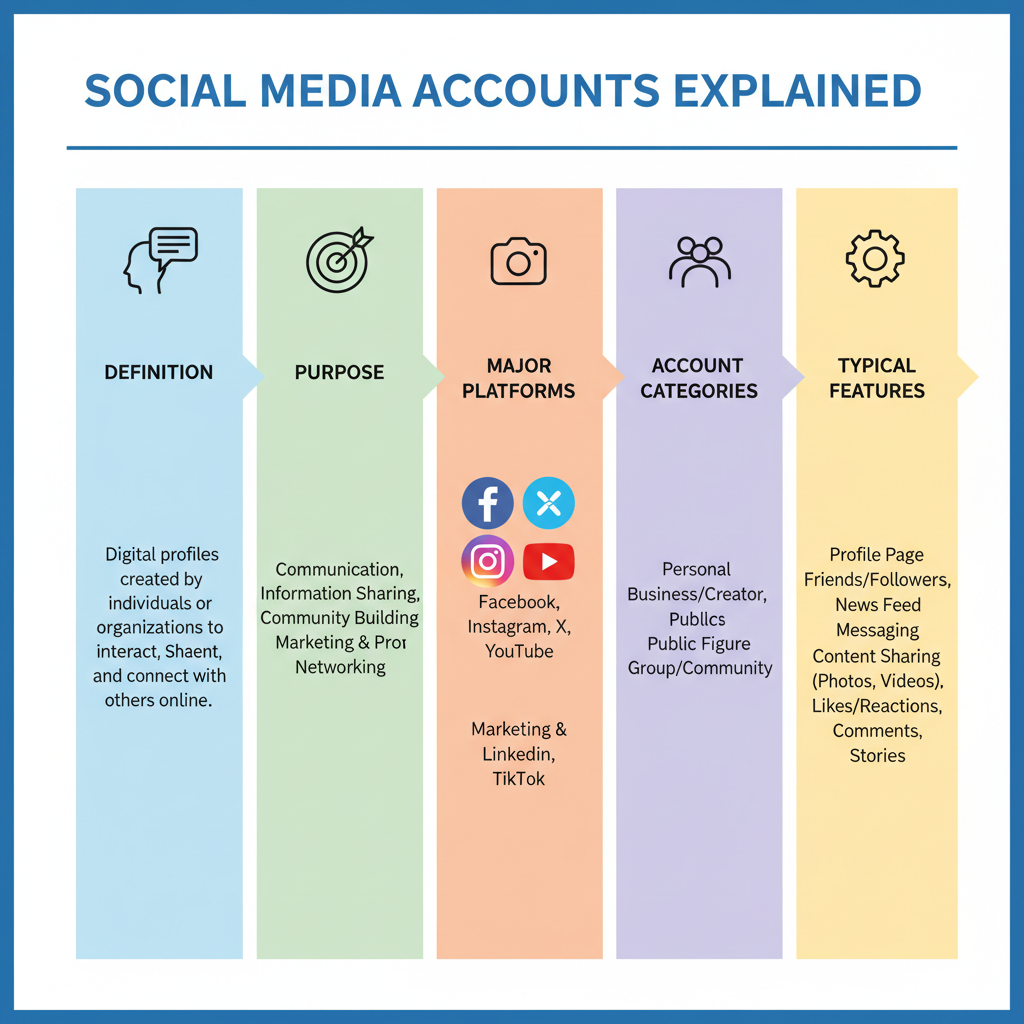
Understanding Social Media Accounts
Social media has transformed the way individuals, brands, and organizations communicate online. In the digital space, social media accounts act as personal or professional profiles that represent your identity on a platform. They store your information, preferences, content, and interactions, enabling you to participate in the platform’s ecosystem—whether chatting with friends, following trends, or building a professional reputation.

---
Common Purposes for Creating Social Media Accounts
While motivations differ between individuals and organizations, most accounts are established for one or more key purposes:
- Communication: Engage in conversations via posts, comments, and direct messages.
- Branding: Establish a recognizable presence for personal or corporate brands.
- Networking: Connect with communities, professionals, and niche interest groups.
- Information Sharing: Spread updates, news, and multimedia content.
- Entertainment: Follow trends, watch videos, and engage in viral challenges.
Often, these purposes overlap, so one account may fulfill multiple goals simultaneously.
---
Major Platforms and Account Types
Social media platforms offer varied account types, each serving different needs and audiences.
Popular Platforms
- Twitter (X)
- TikTok
- YouTube
Account Categories
| Platform | Personal Account | Business Account | Creator Account |
|---|---|---|---|
| Non-commercial, casual use | For brands; includes analytics and ads | Artists, influencers, and content-focused profiles | |
| Individual users | Pages for companies and organizations | Creator Studio for influencers and publishers | |
| Professional profiles | Company pages with recruitment tools | Thought leaders and subject experts | |
| YouTube | Viewers or hobbyists | Channels for business marketing | Content creators and vloggers |
---
The Account Setup Process
Creating a new social media account is typically straightforward, following a process like:
- Registration: Sign up using an email address, phone number, or a social login option.
- Verification: Confirm your identity via a code, link, or CAPTCHA.
- Profile Creation: Add details such as name, profile picture, and bio or description.
- Initial Configuration: Set privacy preferences, notifications, and account settings.
This onboarding process ensures your account is correctly configured for active participation.

---
Key Components of a Typical Social Media Account
An optimized profile makes a significant difference in effectiveness. Common elements include:
- Profile Picture: The visual identifier—often a headshot, logo, or brand graphic.
- Bio/About Section: A concise introduction highlighting who you are or what you do.
- Feed/Timeline: Chronological display of your posts and activities.
- Highlights/Pinned Posts: Showcase important or evergreen content.
- Settings Menu: Control privacy, notifications, and linked accounts.
- Follower Metrics: Show who follows you and the profiles you follow.
Strategically optimizing these elements enhances both appeal and clarity.
---
Privacy Settings and Security Features
Security and privacy are critical for maintaining safe social media presence. Most platforms provide:
- Visibility Controls: Options for public, friends-only, or private access.
- Two-Factor Authentication (2FA): Adds an extra step to sign in, protecting against unauthorized access.
- Blocked/Muted Lists: Prevent or limit unwanted interactions.
- Data Download & Deletion Tools: Export your data or remove it permanently.
Customizing these settings helps protect your information and reduce risks.
---
How Accounts Interact on Social Media
Digital presence thrives on interaction. Some of the most common interaction methods include:
- Following/Followers: Subscribe to other profiles for updates.
- Messaging: Share private information through direct messages.
- Tagging: Mention other accounts in posts for credit or context.
- Sharing/Reposting: Reshare others’ content to expand its reach.
- Commenting & Replying: Join public discussions and exchange ideas.
These features foster community engagement and long-term connections.
---
Benefits of Effective Account Management
Managing your accounts efficiently brings numerous advantages:
- Extended Reach: Gain visibility among your target audience.
- Increased Engagement: Achieve higher likes, comments, and shares.
- Relationship Building: Strengthen connections with peers, customers, or fans.
- Analytics Insight: Access data to refine and optimize strategies.

By tracking analytics and adjusting content strategies, you can maximize both engagement and return on investment.
---
Risks and Responsible Usage Tips
Social media presents opportunities and potential pitfalls.
Potential Risks
- Data Breaches: Exposure of sensitive information.
- Scams and Phishing: Attempts to steal login credentials.
- Reputation Damage: Misinterpretation or misuse of posts.
- Addiction: Excessive use affecting productivity and well-being.
Responsible Usage Tips
- Use strong, unique passwords and enable 2FA.
- Limit the amount of personal data shared publicly.
- Verify the legitimacy of links before clicking.
- Think before posting—digital content often remains accessible indefinitely.
---
Using Multiple Accounts for Different Goals
Many users maintain multiple accounts to serve distinct purposes:
- A personal account for family and friends.
- A professional account for career networking.
- A brand account for marketing and customer engagement.
Example:
A photographer may have:
- An Instagram personal profile for lifestyle snapshots.
- An Instagram business account to feature portfolios and services.
- A YouTube channel for tutorials and behind-the-scenes videos.
This separation ensures more focused content and consistent branding across varied audiences.
---
Summary: The Importance of Social Media Accounts in Modern Life
Social media accounts are more than mere profiles—they are paths to communication, influence, and opportunity. Whether your goal is to share personal updates, grow a business, or develop a creative fanbase, understanding and managing your digital identity is essential.
By recognizing what social media accounts are, their core functions, privacy tools, and interaction features, you can confidently navigate the online ecosystem. Strategic and responsible usage ensures you reap the full benefits while safeguarding your information and reputation.
If you want to leverage your social media accounts for greater impact, now is the time to audit your profiles, refine your strategy, and engage with purpose.

